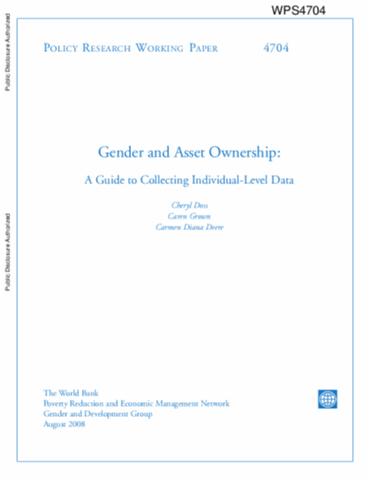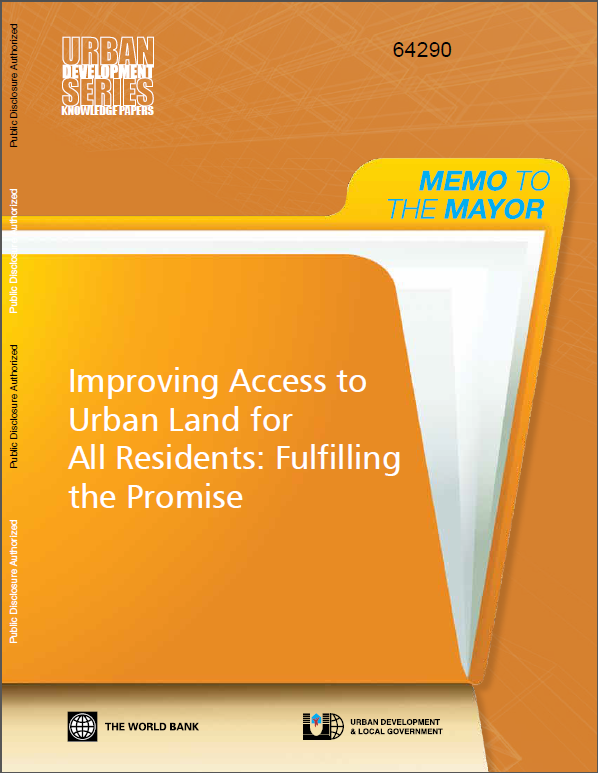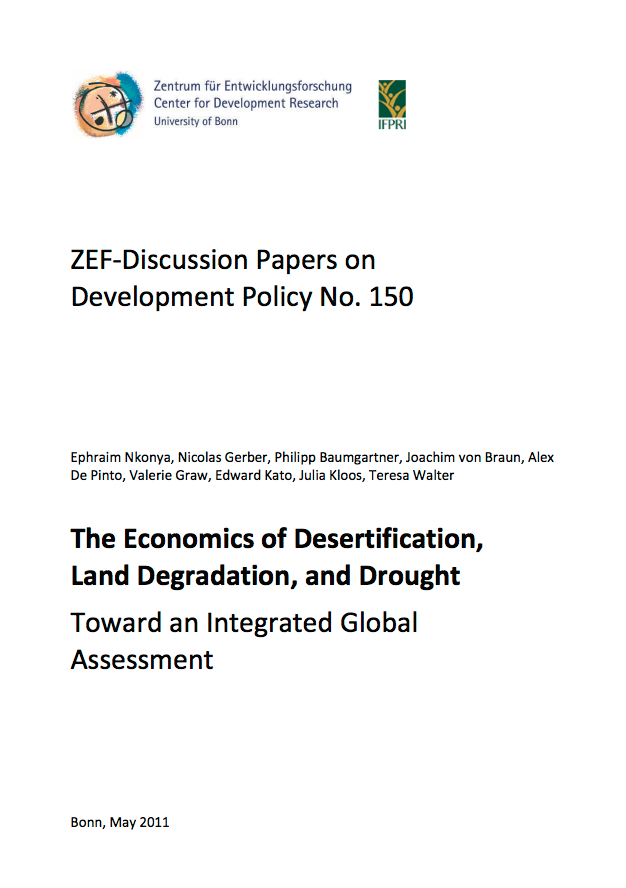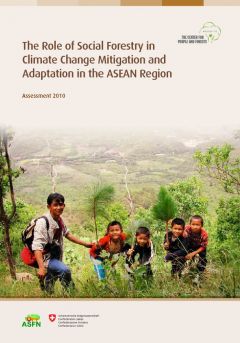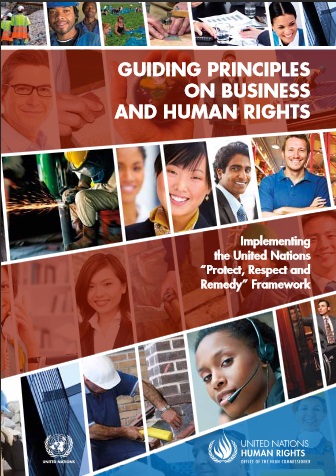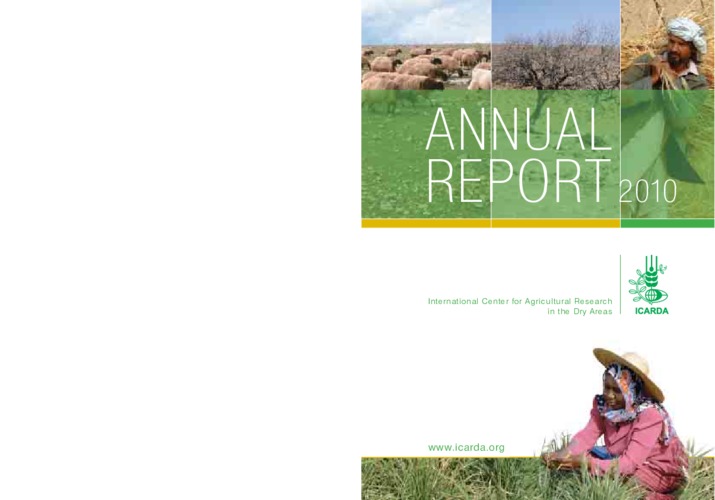Ownership and control over assets such as land and housing provide direct and indirect benefits to individuals and households, including a secure place to live, the means of a livelihood, protection during emergencies, and collateral for credit that can be used for investment or consumption.…
As the world is urbanizing, many cities are grappling with a population that is growing rapidly, thereby increasing demand for land and housing. This pressure on land and housing markets often is exacerbated by inappropriate or inadequate policies. The result is a supply of well-located land and…
Since the publication of the Report of the Brundtland Commission (Our Common Future) in 1987, and the consequent Earth Summit on sustainable development, global attention on natural resource scarcity and degradation has been increasing, because of climate change and rising food and energy prices…
Recognizing the important role that people living in and around forests play in forest management for poverty reduction and environmental sustainability, RECOFTC conducted a study for the ASEAN Social Forestry Network and the Swiss Agency for Development and Cooperation (SDC) to provide a…
/*-->*/
The UN Guiding Principles on Business and Human Rights are a set of guidelines for States and companies to prevent, address and remedy human rights abuses committed in business operations.
Global food production has increased by 20% in the past decade – but food insecurity and poverty remain widespread , while the natural resource base continues to decline. International research centers, which have helped drive previous improvements, must continue to deliver new technologies to…
The importance of forests for climate change mitigation and species conservation, as water stores and oxygen producers, soil protectors and humus providers, is well known. However, over 13 million hectares of forest are lost each year, mainly in the tropics.
Establishing a rational forest policy is a difficult task for many countries. One of the reasons for this is that different policy sectors - such as energy policy, foreign trade policy, are closely linked to forest policy and the interests of a multitude of actors need to be accommodated.…
Certification is viewed as one of the most effective ways of curbing unregulated logging and conserving natural forests in the tropics. In the meantime, there are several dozen certifying organisations. Among these, the Forest Stewardship Council (FSC) and the Programme for the Endorsement of…
Every year, 13 million hectares of forest are lost worldwide; that is an area the size of Austria and Switzerland combined. 90 percent of this deforestation involves tropical forests. Forest loss has devastating effects on the climate and is the source of between 15 and 20 percent of global…
On November 18th 2010, the European Union Commissioner for Agriculture and Rural Development, Dacian Ciolo?, o? cially submitted a communiqué proposing a reorientation of the Common Agricultural Policy (CAP) to the EU Parliament, the EU Council and the public. What does the proposal imply for…
Carbon labels for food are a new strategy of industrialised countries to reduce climate change-relevant gas emissions in agriculture. However, not every label includes the measurement of all emissions and may disadvantage and even exclude exporting farmers from developing countries. Policy-…

